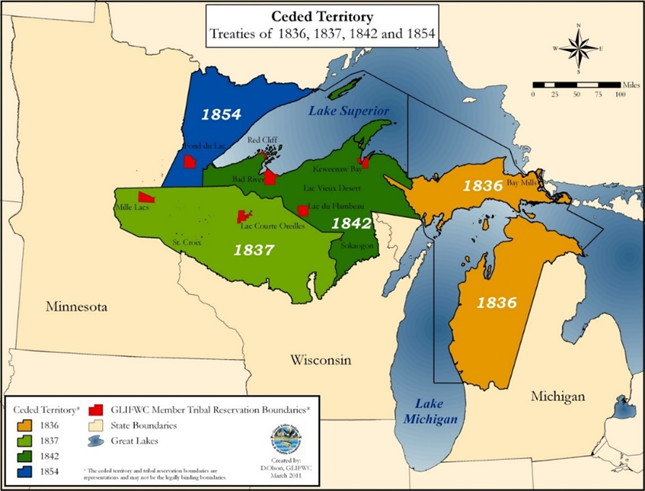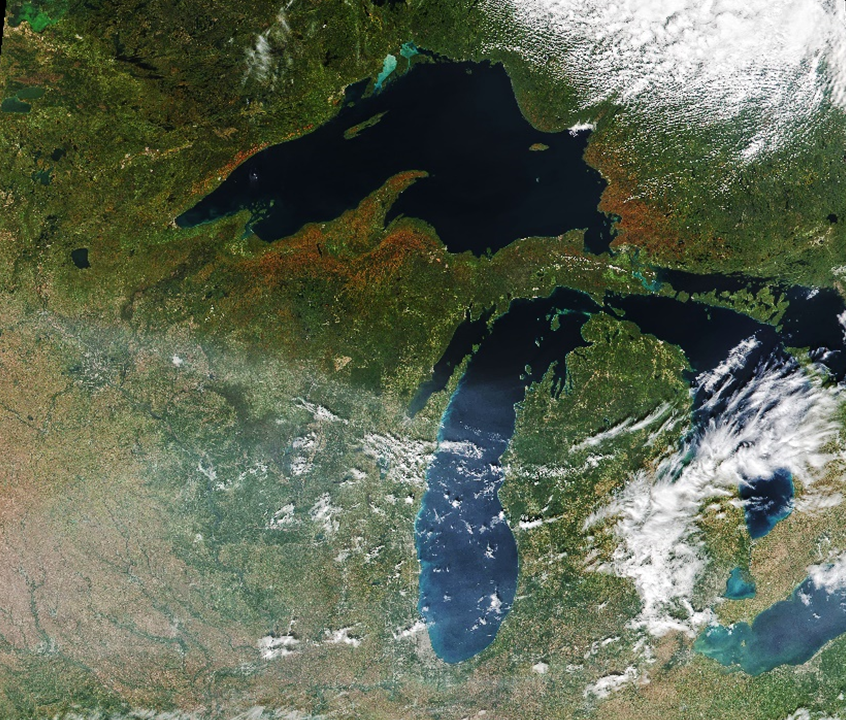
Freshwater launched a year-long project funded by the Joyce Foundation with an all-team, virtual meeting during the first week of March. The team is also growing! Workgroups are being built out, in part with volunteers that The Joyce Foundation identified during proposal writing and review. Mary Manydeeds, a hydrologist with the Bureau of Indian Affairs in Minneapolis will be supported by Ann McCammon Soltis, Director, Division of Intergovernmental Affairs, and Dawn White, Treaty Resource Specialist, Great Lakes Indian Fish and Wildlife Commission (GLIFWC). GLIFWC is partnering with Harvard Kennedy School’s Lydia Host, Sara Amish, and Marissa Getts to research how tribes have adopted regulations or are exercising management authority over reservation groundwater resources.
Linda Reid of Water365 was asked to join our team and she has recruited additional help from a Marquette Law school student and another from UW-Milwaukee School for Freshwater Sciences to help her research groundwater law across the Great Lakes states.
Dr. Bonnie Keeler will advise two MS students who will work on this project in addition to her staff member, Ryan Noe and PhD student, Terin Mayer. We have been trying to work with this team from Humphrey for a while now and are so happy for this opportunity to learn alongside them.

In addition to official governing structures, we want to understand the soft power structure and the conventions and norms held by both public and non-public actors that drive them to act or place value on groundwater.
We feel like we have a deep bench and the team members appear grateful, and maybe just a little bit daunted to be working on a project of this scope. The work has the potential to change the way we think about groundwater across these 5 states and result in a more collaborative approach to this shared resource. One of the primary outcomes will be the relationships that are built with those we identify. This is a goal both for The Joyce Foundation who see this as a start for this new program area for them and Freshwater as we begin to expand our work into the Great Lakes region.
– Carrie Jennings, Research and Policy Director